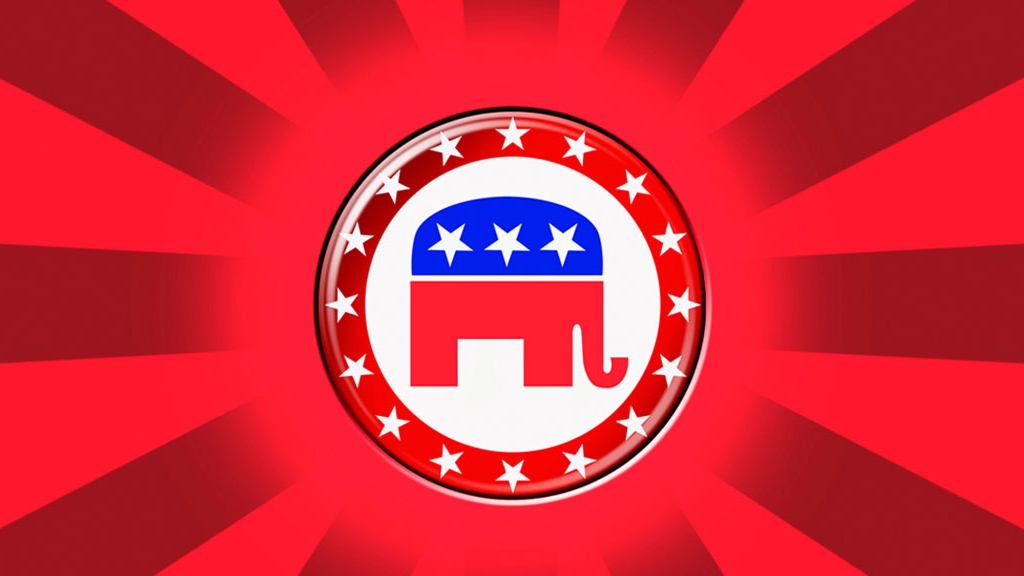
While President Trump failed to win reelection, his coalition of conservative populist voters has grown and diversified. His backing among African Americans this year jumped by 4 percentage points, while Hispanics from a huge range of backgrounds — with families hailing from Cuba, Colombia, Puerto Rico, Mexico and Venezuela — increased their support for Trump by double digits.
Republicans also did well down-ballot. Democrats, who had expected a “blue wave” on Election Day, got a stinging rebuke instead. They lost at least a dozen House seats, significantly shrinking their majority in that chamber, and also losing key Senate races in states they were forecast to win, such as North Carolina and Maine.
The Maine polls were so far off, they predicted a loss for GOP incumbent Susan Collins by 5 percentage points, when she in fact won her fifth term by 9.
The new GOP coalition was so strong, it overrode Democratic money and influence — led by former President Barack Obama — to make gains in the state legislative chambers of Arizona, Minnesota, North Carolina and Pennsylvania.
This success of the Republican Party coupled with the loss of Trump proves that the GOP doesn’t need the president at the top of the ticket to hold its coalition together.
Salena Zito is the author of “The Great Revolt: Inside the Populist Coalition Reshaping American Politics.”
By Salena Zito








